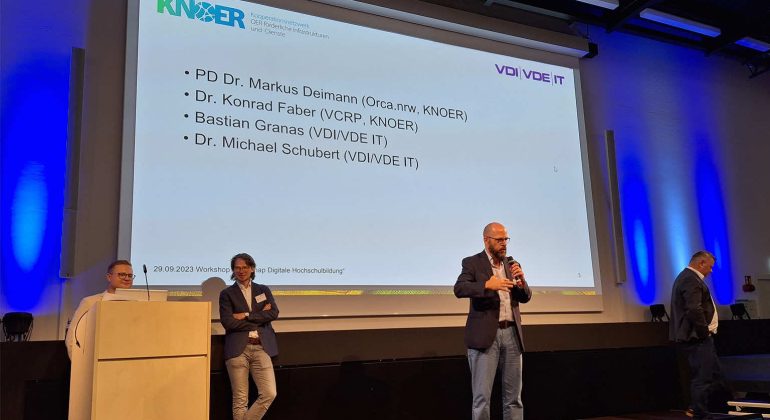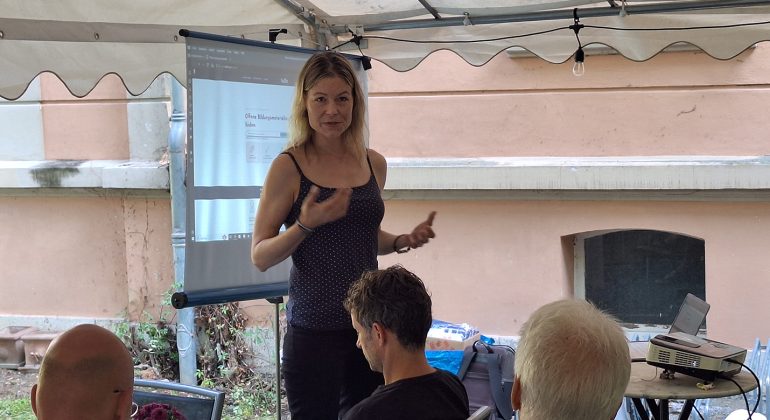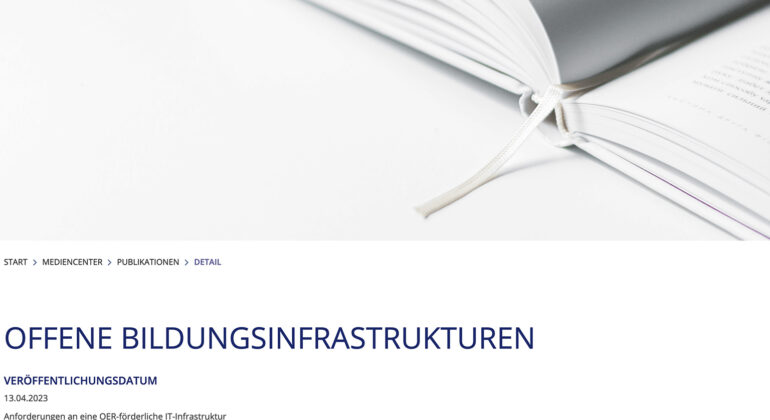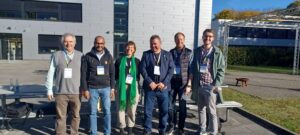At the KNOER Annual Conference from June 10 to 11, 2024 in Tübingen, there were many opportunities for exchange and discussion on the topic of “Open and Intelligent: Innovative Ways of University Teaching”. In addition, the KNOER general meeting following the conference saw the election of the chairpersons and their representatives with familiar faces as well as the admission of a new network member.
Special frames
For the first time since the Corona years, 47 participants were able to come together at the annual conference of the Cooperation Network OER-promoting Infrastructures and Services (#KNOER). The Central OER Repository Baden-Württemberg (#ZOERR) hosted the event in the time-honored historic reading room of Tübingens University Library. Surrounded by magnificent rows of books from the last few centuries and the impressive mural by Karl Schmoll von Eisenwerth, which depicts the sacrifice of Odysseus at the entrance to the underworld, open educational materials and open educational practices were discussed intensively by a specialist audience for two days.
The conference was also worthily framed in terms of content by two keynotes: firstly on the topic of AI and openness by and with Prof. Dr. Thomas Köhler from TU Dresden, who focused on the changes in teaching/learning processes brought about by AI. Perrine de Coëtlogon from the Université de Lille then expanded the discourse on the second day to include international networking activities in the field.
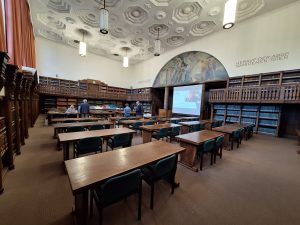
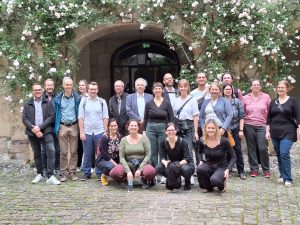
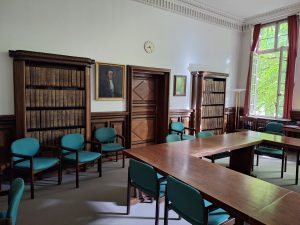
Participation encouraged: four workshops and a fishbowl round
KNOER members were involved in all four workshops on OER and My Educational Space, Open Educational Practices, opportunities through OER collections and didactic metadata and OER. The first workshop dealt with the networking infrastructure “Mein Bildungsraum”, which is being led by the BMBF, and the question of how open educational offerings can be linked to it. The key features of “Mein Bildungsraum” and conceptual elements of OER collections were first presented. Based on use cases, the workshop participants then discussed specific questions relating to the description, standardization and mapping of different competence models and evaluated them with a view to implementation. Meanwhile, Verena Russlies from ZOERR discussed with her participants in the next room about Open Educational Practices in higher education didactics, approaches to defining OEP and how universities should initially orient themselves in order to align their teaching accordingly. The already diverse impressions of the first day were rounded off by an interesting fishbowl discussion with the question “How open is AI – How intelligent can Open Education be?”, which was moderated by Markus Deimann (Orca.nrw) and Konrad Faber (VCRP), as well as David Lohner (KIT and dghd) and other participants from the plenum.
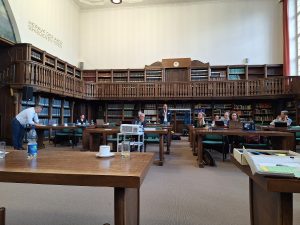
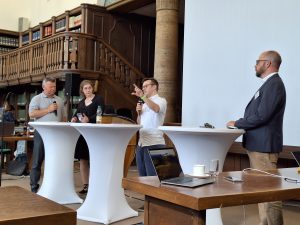
On the second day, Markus Deimann and Konrad Faber continued the discussions begun the day before with the workshop “OER Collections”, primarily through interaction and in-depth discussion. Starting from the connection of open educational offerings to “Mein Bildungsraum”, the key points of OER collections and questions regarding their development were first identified. In a dialog and with the active participation of the participants, questions about the possible target groups, content, needs, actors involved and (among other things didactic) requirements for OER collections were developed.
At the same time, the participants in the hybrid workshop held by Katharina Trostorff (e-teaching.org), Constanze Reder-Knerr (Virtual Campus Rhineland-Palatinate) and Manuel Oellers (University of Münster, IPBE) worked on concrete usage scenarios for OER and then found the didactically useful and necessary attributes. One conclusion that emerged was that such a sequence of considerations made sense in order to analyze coherences and similarities between different scenarios in a next step. In this way, we could come closer to standardizing didactic metadata in the future.
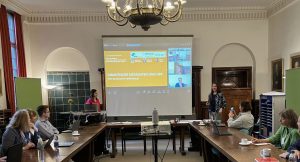
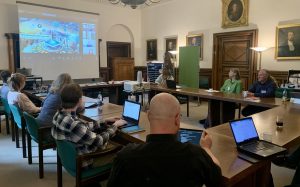
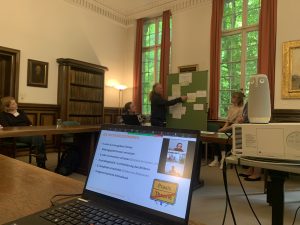
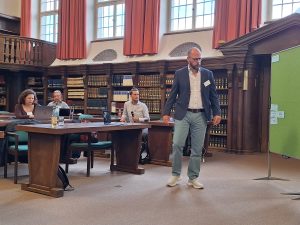
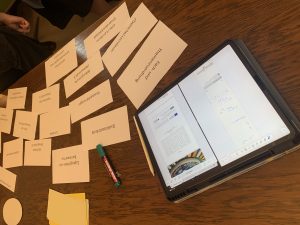
Overall, the atmosphere among the participants was open, interested and eager to discuss, and there was ample opportunity for networking with excellent catering – not least thanks to the inspiring location of the university library.
A joyful conclusion: a new member and a new old board
Following the conference, the KNOER member institutions came together for the members’ meeting. A new part of the network was happily welcomed at this point: the Digital Learning Campus based in Schleswig-Holstein, represented by Dr. Ronny Röwert, is now part of the KNOER. Founded two years ago, the KNOER has grown out of its infant steps in terms of both structure and content thanks to the networking work of board chairmen Dr. Konrad Faber and PD Dr. Markus Deimann. In order to continue this good work, the network representatives confirmed both of them, as well as their deputies Peter Rempis (ZOERR) and Dr. Marc Göcks (MMKH), in office for the next two years. Congratulations!
Members
As of June 2024, the KNOER consists of the following member organizations: ORCA.nrw | Das Landesportal für Studium und Lehre, Virtueller Campus Rheinland-Pfalz (VCRP), Multimedia Kontor Hamburg gGmbH (MMKH), Digital Learning Campus, twillo – Portal für Open Educational Resources (OER) in der Hochschullehre, eTeach-Netzwerk Thüringen, BPS Bildungsportal Sachsen GmbH
Workshop documentation and presentation slides
Here we publish the presentations and workshop results of the conference, mostly under open license:
Day 1 (10.06.2024):
Here you will find the presentation slides for the keynote speech by Prof. Dr. Thomas Köhler (TU Dresden) on “AI and openness – a classification in the context of the digital transformation of university teaching”:
Keynote_Prof. Koehler_KI und Openness–eine Einordnung in den Kontext der digitalen Transformation der Hochschullehre
Here you can find the presentation slides from the workshop by Markus Deimann, Konrad Faber (KNOER) & Danny Pajak, Leander Pöhls (Capgemini) on “OER & Mein Bildungsraum”:
WS Pajak+Pöhls _Mein_Bildungsraum
Here you can find the workshop documentation by Verena Russlies (ZOERR) and KNOER members on “Open Educational Practices in Higher Education Didactics”:
WS Russlies OEP_KNOER
Day 2 (11.06.2024):
Here you can find the workshop documentation by Katharina Trostorff, Constanze Reder-Knerr and Manuel Oellers on the topic “Didactic metadata and OER – a productive connection!”:
Reder-Knerr Trostorff Oellers (2024) – Didaktische Metaten und OER. Eine produktive Verbindung!
WS Reder-Knerr Trostorff Oellers – Didaktische Metaten und OER. Eine produktive Verbindung!
Here you can find the workshop documentation by Konrad Faber and Markus Deimann on “Innovation and flexibilization of teaching with OER collections”:
WS Faber+Deimann_OER-Kollektionen_Mein_Bildungsraum
Here you can find the presentation slides of the keynote by Perrine de Coëtlogon (Université de Lille) on “AI and Openess – an International Perspective”:
Keynote Perrine de Coëtlogon_KI und Openess-eine Internationale Perspektive
Keynote Perrine de Coëtlogon_KI und Openess-eine Internationale Perspektive
OER Notes
OER can be reproduced, used, processed, mixed and distributed in many ways. To answer legal questions on copyright, data protection and examination law, for example, the state initiatives offer a range of complementary contact points and tools. At ORCA.nrw, for example, this is the legal information office, at twillo the legal issues competence area. The HOOU offers the Rechtslotsen tool for finding out about legal aspects. In addition, the Multimedia Kontor Hamburg (MMKH) provides a cross-university legal information office as part of the HOOU, which also operates the “HOOU-Rights” blog on copyright issues and CC licenses.
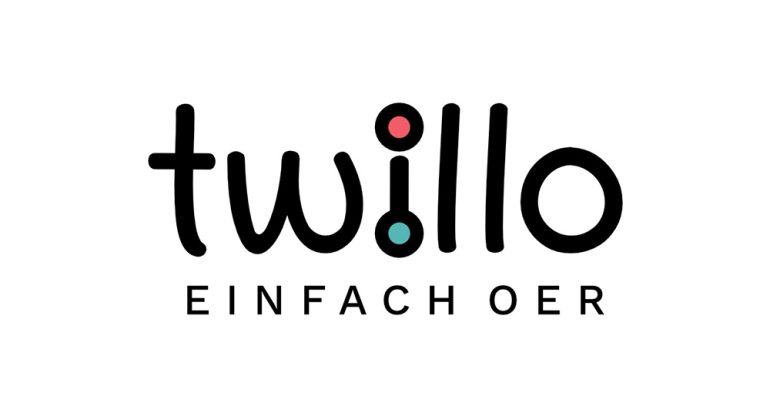
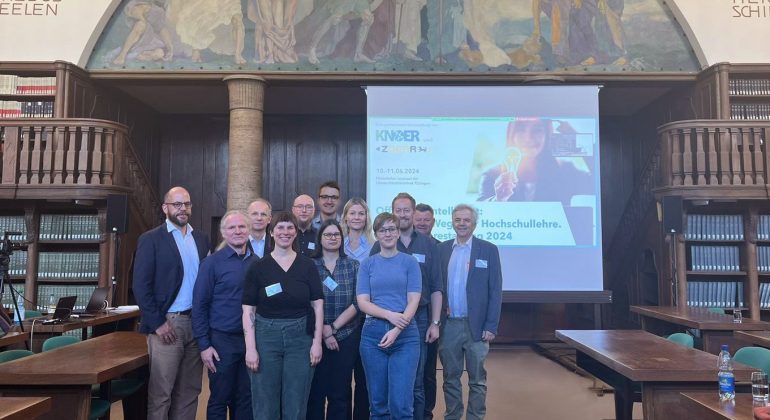










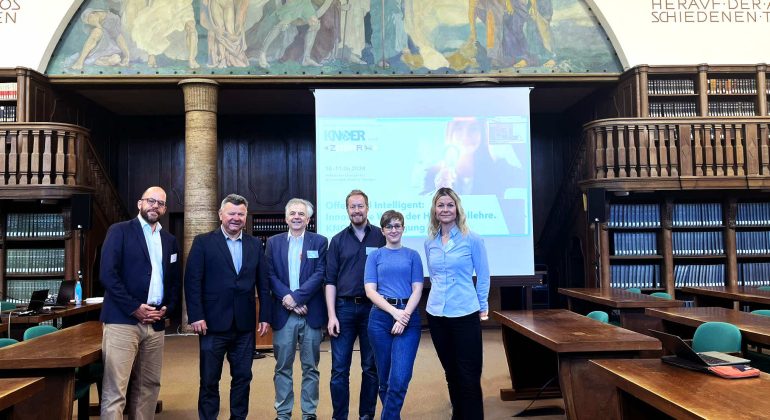
 Photo: OERCamp 2024
Photo: OERCamp 2024

